Legazpi City–The Bangsamoro Autonomous Region in Muslim Mindanao (BARMM) is the product of the Moro people’s continued struggle for autonomy. This long-standing pursuit of independence and self-determination has often been misunderstood, leading to negative perceptions that frame its autonomy as being in conflict with the Philippine central government.
During a recent media visit to Camp Darapanan, a key location in Sultan Kudarat, Maguindanao, Camp Commander Kudzaa Bayao, along with Operations Commander Garrex Shariff and Deputy Base Commander Ustadz Akas Mohammad, shared the history and evolution of the Bangsamoro government with reporters from Luzon. The visit served as a reminder of the significant strides the region has made.
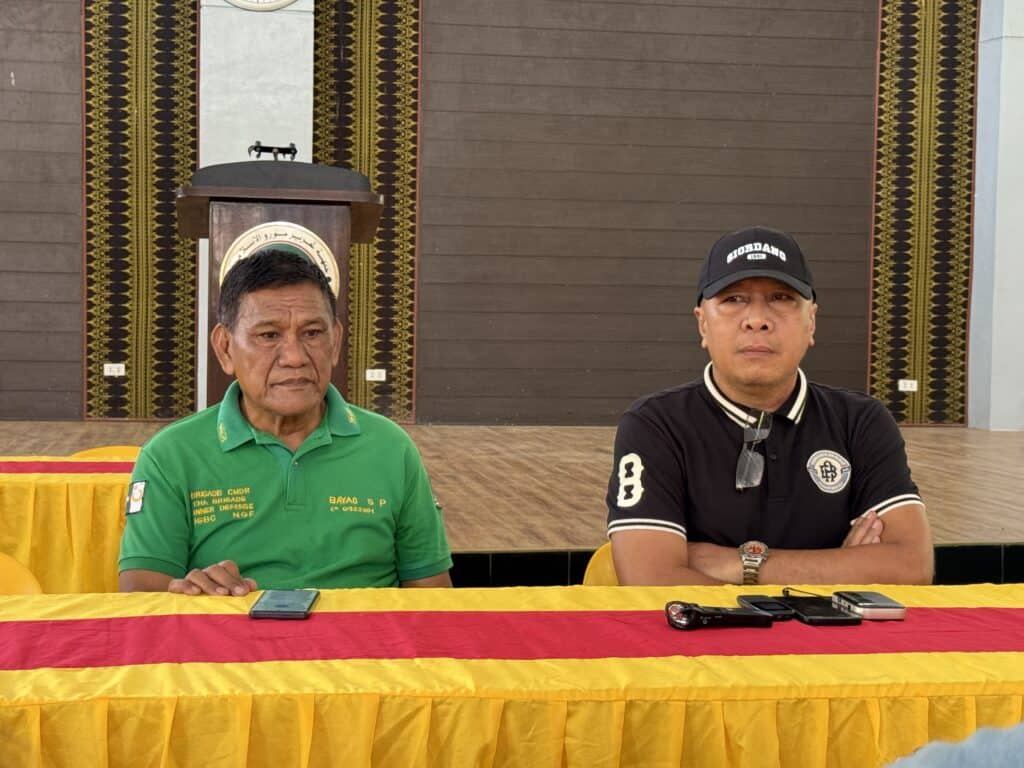
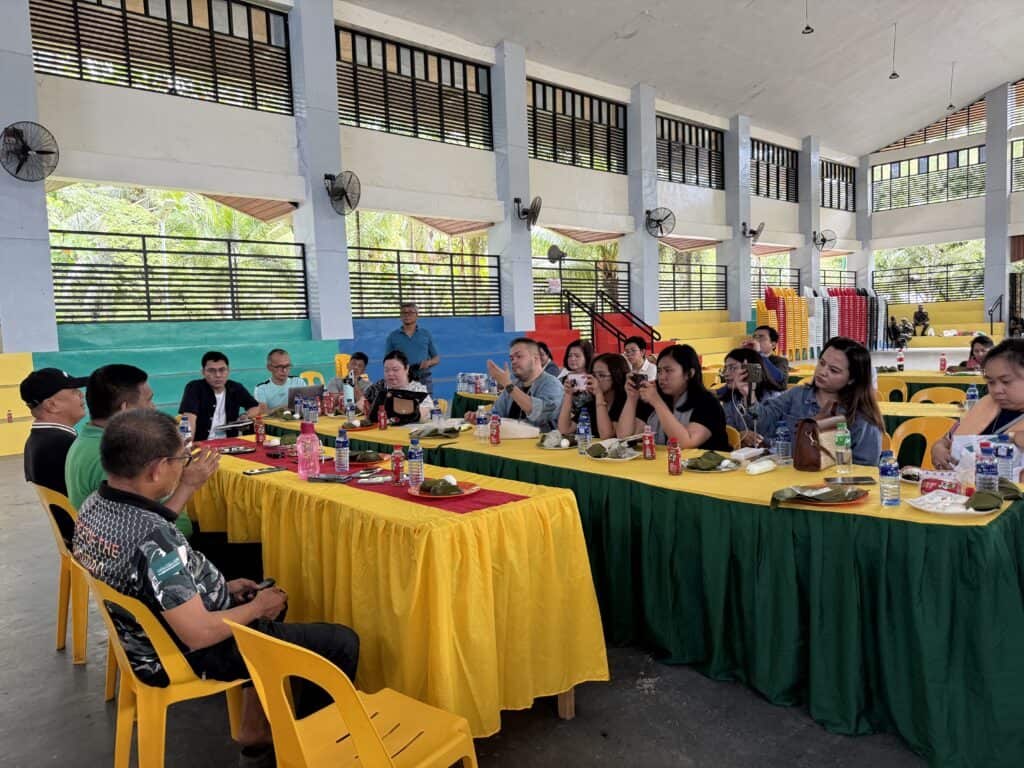
Drawing from the experience of Nanay Noria Utto, a resident of Camp Darapanan, life in the camp is now peaceful and orderly—a stark contrast to its war-torn past. The area, which covers almost eight barangays, has transformed into a thriving community. Houses have been built where gunfire once rang; dirt paths have been replaced by stable roads. This transformation became possible with the official inauguration of BARMM in 2019, marking a new era of governance and stability.
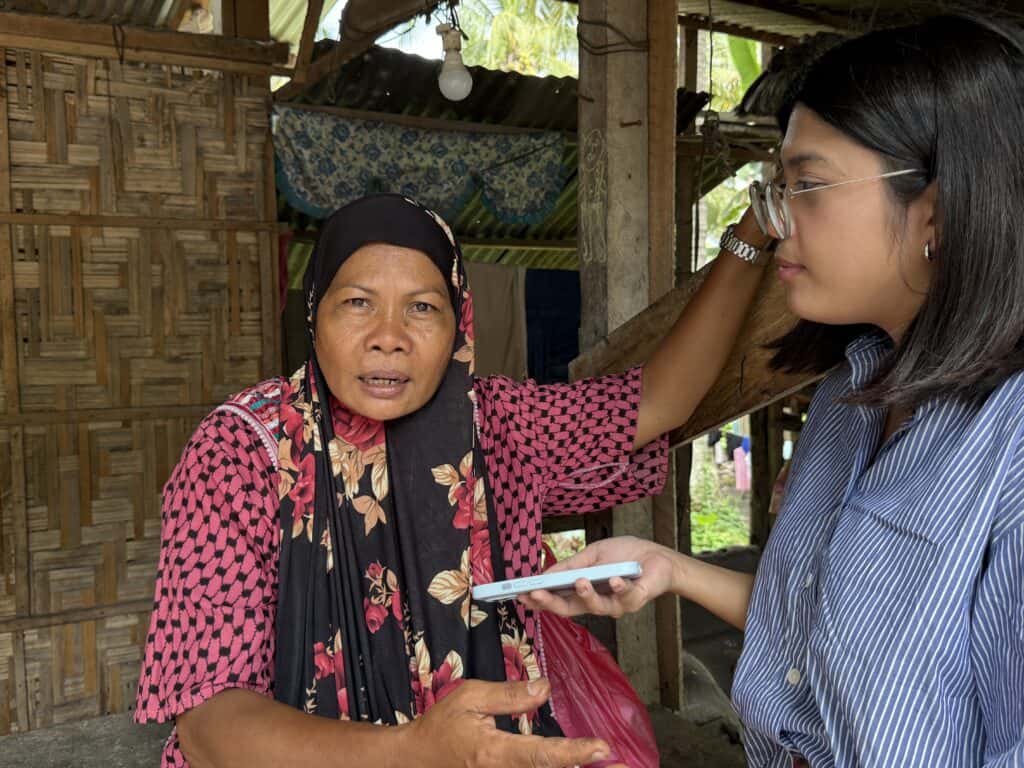
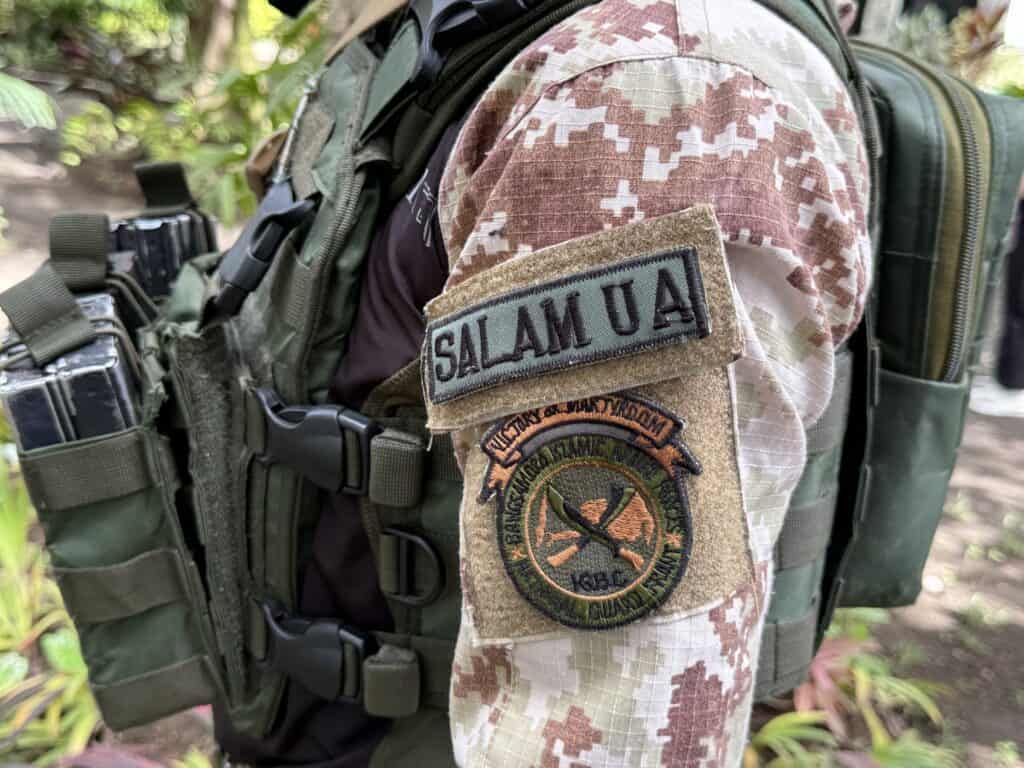
A Turning Point: The Comprehensive Agreement on the Bangsamoro
A key factor in BARMM’s progress is the reintegration of the Moro Islamic Liberation Front (MILF) into the Philippine government. Once viewed as an armed rebel group, the MILF is now an active force in securing the region.
“‘Yong MILF kasi ngayon hindi na tulad ng dati na tingin ng mga civilian. Tumutulong [na sila] sa pag-secure sa community, pag-secure sa gobyerno, hindi tulad noon na kalaban ng gobyerno,” said Operations Commander Garrex Shariff, speaking primarily in Filipino.
The MILF, initially led by Hashim Salamat and later by Al-Hajj Murad Ebrahim in 2003, sought to establish an independent Islamic state through guerrilla warfare. The mere mention of their name often evoked unease, contributing to the stigma against Muslims and the entire image of Mindanao.
A significant step toward stability was the signing of the Comprehensive Agreement on the Bangsamoro (CAB) on March 27, 2014. More than just a ceasefire, the agreement laid the groundwork for inclusive governance, economic opportunities, and reconciliation.
The CAB consists of two key components:
- Political Track: This led to the creation of BARMM through Republic Act 11054, also known as the Bangsamoro Organic Law (BOL). The establishment of BARMM in 2019 officially replaced the Autonomous Region in Muslim Mindanao (ARMM) after years of negotiations.
- Normalization Track: This aspect focuses on disarming, demobilizing, and reintegrating former combatants to facilitate their transition into civilian life. This process was overseen by the Independent Decommissioning Body (IDB), with assistance from the Office of the President’s Advisor on Peace, Reconciliation, and Unity (OPAPRU).
The establishment of BARMM has led to notable economic improvements. The poverty rate in the region dropped significantly, from 52.6% in 2018 to 23.5% in 2023. This progress is largely attributed to better governance and economic initiatives.
According to Camp Commander Kudzaa Bayao, to support its development, BARMM receives a block grant equivalent to 5% of the national revenue, ensuring consistent funding for crucial sectors such as education, healthcare, and social services. Additionally, a Catch-Up Program provides ₱5 million annually for a decade to accelerate regional growth.
Chief Minister Murad Ebrahim reassured the Bangsamoro people that all residents, including former MILF members, will benefit from these programs, stating that no one will be left behind.
The impact of the peace agreement is evident in the significant decrease in displaced families. In the past, conflicts forced nearly a million people to flee their homes, but today, displacement is no longer massive, and their children can now continue their studies.
Despite these positive changes, challenges remain. Some locals feel that political disputes still slow down progress. “Kung kaya lang sana buhusan ng gobyerno ng development itong BARMM, [iyon] ang best kasi napag-iwanan talaga kami dito,” Operations Commander Shariff pointed out.
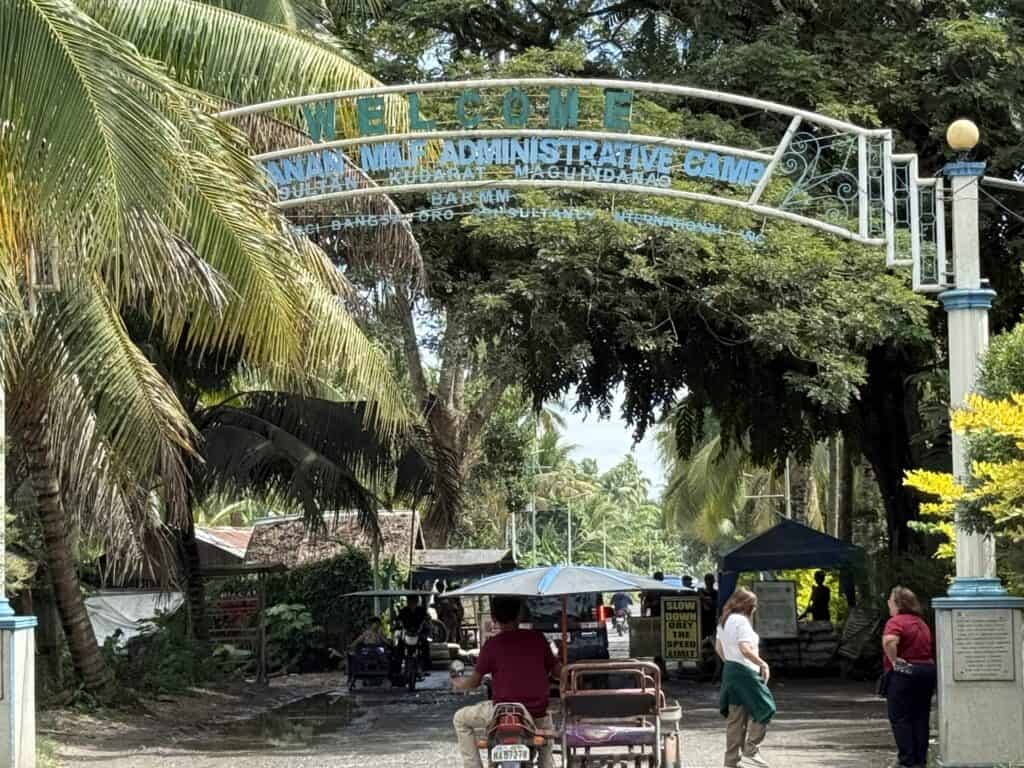
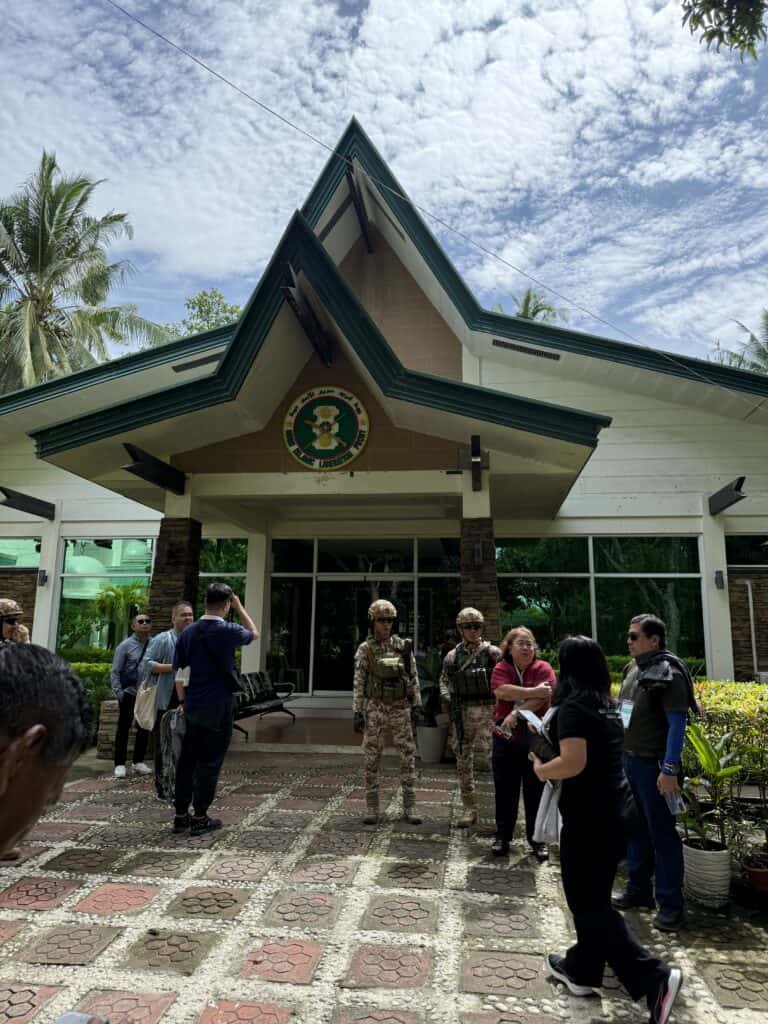
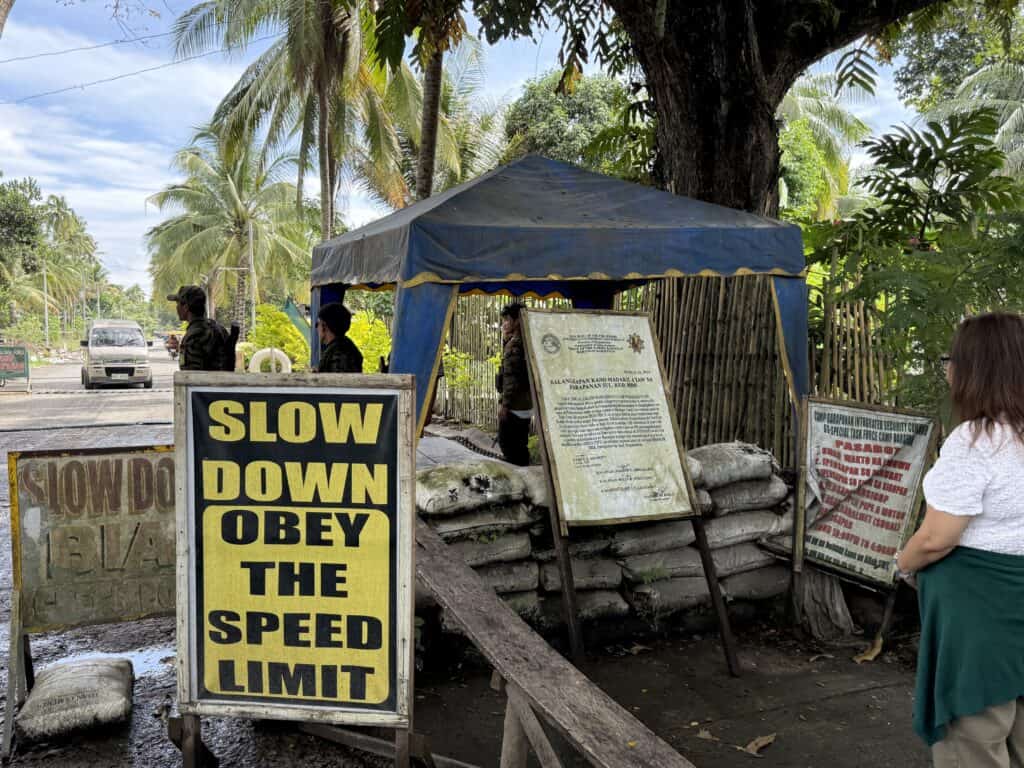
Reflections in Bicol
The fight for peace and self-governance in the Bangsamoro community is not just about autonomy—it also challenges long-standing perceptions of Muslims and Mindanao. Once associated with conflict, Muslims are now recognized as advocates of peace, striving for stability in their region and the country.
But what does this have to do with Bicol?
In an interview, Al Amin Datumanong Hassan, Sultan and president of the United Muslim Communities of Bicol Region, shared his experiences since moving to Bicol in 1979 during Martial Law. He recalled how the Moro Islamic Liberation Front (MILF) was formed in response to the killings and abductions of Muslims, challenging the perception that Mindanao’s unrest is baseless. Because of how the region is often portrayed in the news, it led to frequent descriptions of Mindanao as a land of “war” and “chaos.”
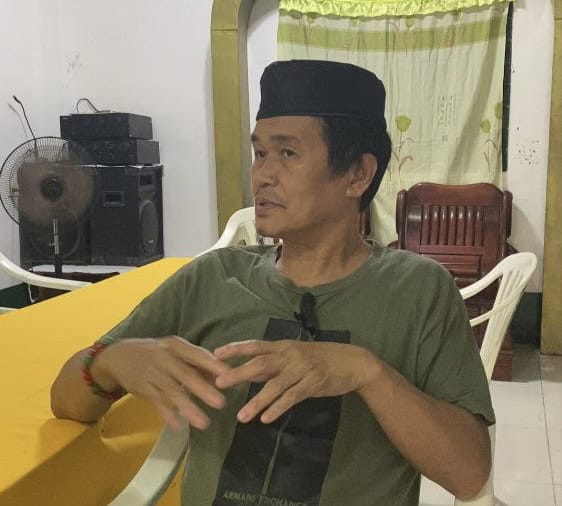
However, Sultan Hassan shared how his life evolved after living for so many years in Bicol as a Muslim. “There is no discrimination here. It doesn’t matter if you’re Muslim, Arab, Spanish, or Chinese, as long as you integrate with the community,” he said.
The presence of established Muslim institutions in the Bicol Region further proves that the area is an inclusive locality—one where anyone can live, seek refuge, and thrive. Moreover, this serves as a significant step in debunking negative stereotypes about Muslims.
“The United Muslim Communities of Bicol Region ensures that terrorist recruitment, illegal drugs, and unlawful activities do not infiltrate the area. This proves that Muslims stand for peace and righteousness,” Hassan asserted.
Hassan also pointed to political conflicts in Mindanao as a major cause of instability. Rivalries often escalate into violence, unfairly linked to the MILF and the Moro people.
Such realities serve as a message not only to the people of Bicol but also to other regions, especially with the upcoming elections. One way to prevent the political turmoil that hinders development is through informed and responsible voting. Choosing competent leaders can pave the way for a more peaceful and progressive society—one that prioritizes the welfare of all, regardless of ethnicity or belief.I Erica Razo, Aireen Perol-Jaymalin
